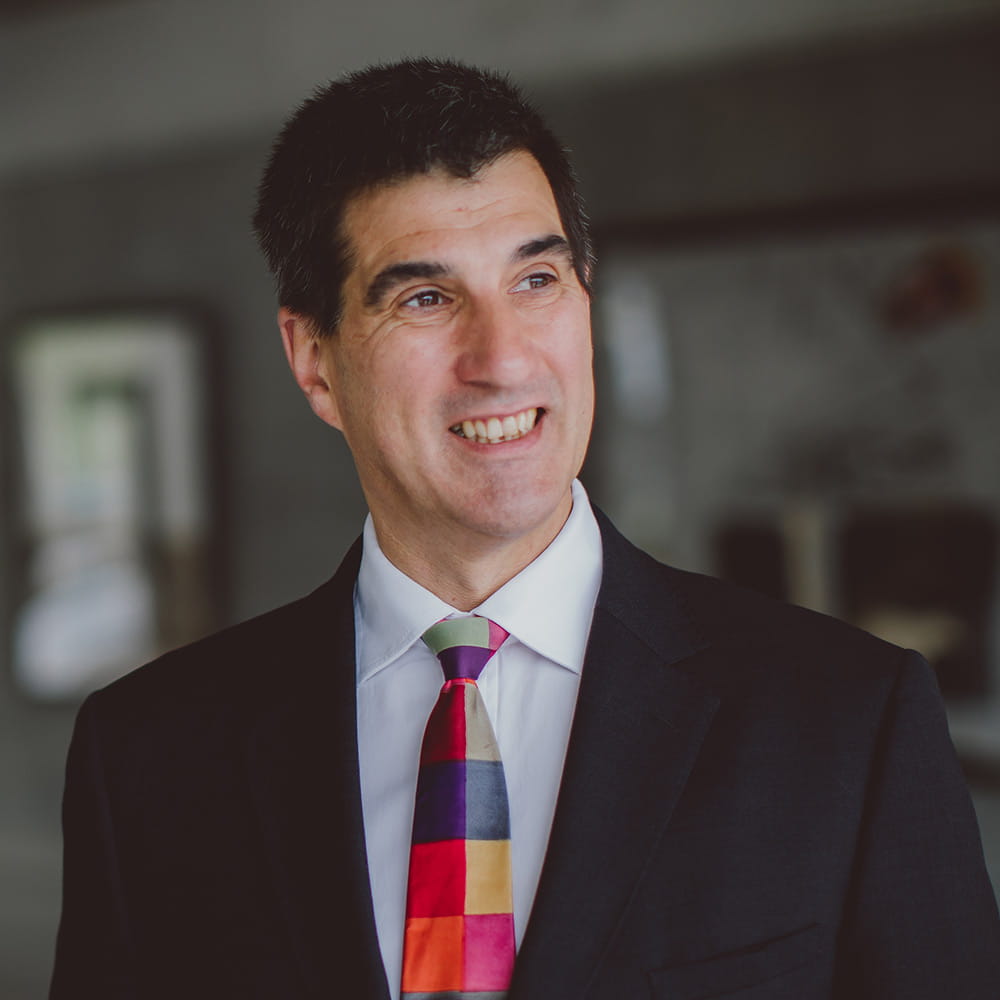A team comprising Dr Annecy Lax, Vanessa Potter, Sandeep Sharma our Director Indian Sub-Continent and Thanuja Raveendren, Recruitment and Partnership Manager, visited Columbo, Sri Lanka. They met with the British Council, the Open University of Sri Lanka and the Sri Lanka Institute of Technology. I joined both university meetings virtually, and Annecy and Sandeep hosted a very well attended reception with 30 alumni and agents at the British High Commission in Colombo. Transferring to Chennai in Southern India, I joined the team, and with Aneesha Pareeth, Recruitment Officer, we visited Vellore Institute of Technology and Kings Cornerstone International College, before travelling to Mumbai, where we were joined by Vaishnavi Kotiyal, our Regional Advisor, West India, to visit the Narsee Monjee Institute of Management Studies. Our final visit was to Bengalaru, where we were rejoined by Aneesha Pareeth and we met with colleagues from Presidency University and Alliance University.
Alongside a strong interest in computer science and data analytics, business and economics, we were encouraged to hear about a strong interest in Psychology whilst in Sri Lanka and at King’s Cornerstone. We also saw appetite for Social Science and Arts and Humanities subjects at Presidency and Alliance universities. We attracted print press coverage and local TV reports in Sri Lanka, and I gave social media interviews and recorded a message to celebrate Divali, before returning to the UK.
Sri Lanka is the third largest market for transnational education and there are excellent opportunities in the area of STEM subjects, as well as strong interests in business, psychology, and social science. There are well regarded institutions in Sri Lanka who are keen to work with Essex on franchised courses and other transnational education opportunities. We will however need to think creatively and be fleet of foot if we are to unlock opportunities for Essex.
Though we have seen some decline in enrolled students this October, India remains one of our most important regions for student recruitment. Increasing competition for students, both from within the UK and other countries, places even greater emphasis on our need to build direct relationships with universities and higher education providers, in this very dynamic market. These partnerships play a central role in supporting recruitment, both directly and indirectly – as well as helping to raise our profile, research relationships and demonstrate our commitment to long term engagement in India.
There remains a real appetite for Master’s education, but there are also wider opportunities for us. The Indian Government is recommending all undergraduate degrees move from 3-year to 4-year programmes to give a greater emphasis on, and opportunity for, research. This creates several opportunities for joint degrees and if we can offer progression routes onto our degree programmes. Entrepreneurship, having hands on experience of real-world challenges, and being work ready, are all highly sought after skills and experiences. To ensure our degrees stand out from the crowd our ‘Essex for All’ initiative will be central to positioning our wider excellent education and student experience.
It is also important we continue to raise our University profile in India and visits by academics to partners, guest lectures – and our graduation ceremony in Delhi in February 2024 will all help.


